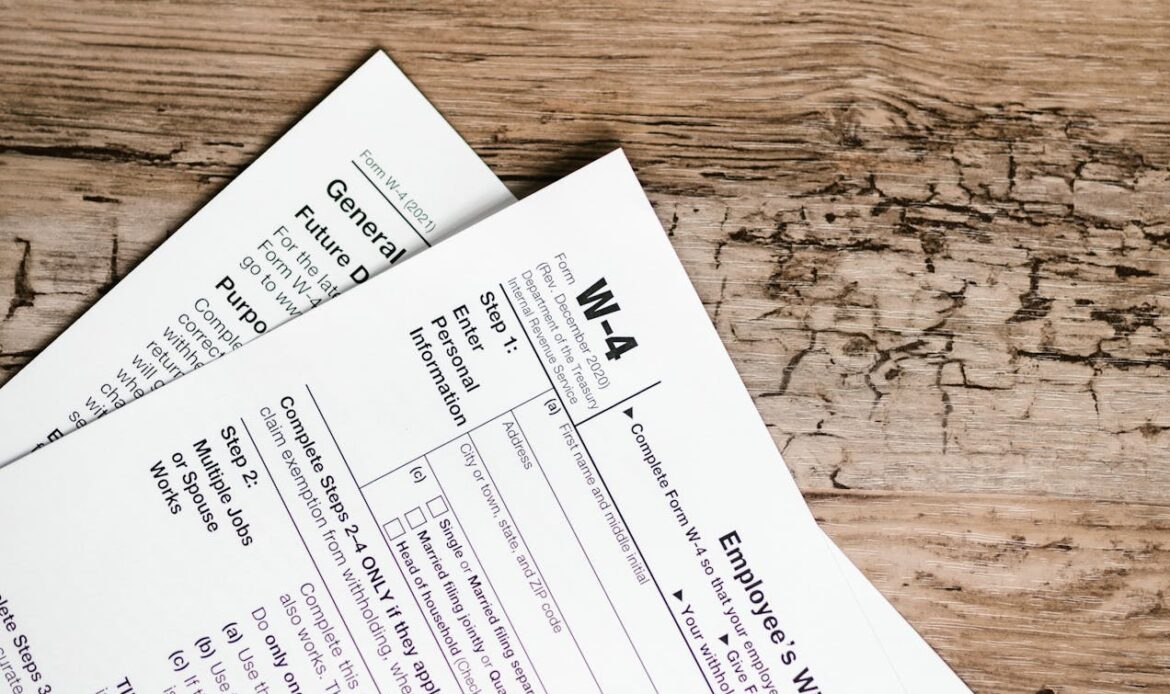One of the easiest and most effective ways to reduce your tax liability is by claiming deductions under Chapter VI-A of the Income Tax Act, 1961. These deductions allow taxpayers to legally lower their taxable income by investing, spending, or donating in specific areas approved by the government.
This blog lists the top deductions available under Chapter VI-A for Financial Year 2024–25 (Assessment Year 2025–26), helping you plan your taxes smartly.
Legal Reference
- Income Tax Act, 1961
- Chapter VI-A (Sections 80C to 80U): Covers various deductions allowed from gross total income.
Top Deductions You Can Claim
Section 80C – Investments and Payments
Maximum deduction: ₹1,50,000
Eligible investments and payments:
- Public Provident Fund (PPF)
- Employees’ Provident Fund (EPF)
- Life Insurance Premiums
- Equity Linked Savings Scheme (ELSS)
- 5-year fixed deposits with banks
- Principal repayment of home loan
- Sukanya Samriddhi Yojana contributions
- Tuition fees for children’s education
Section 80D – Medical Insurance
- Up to ₹25,000 for self, spouse, and children.
- Additional ₹25,000 for parents (₹50,000 if parents are senior citizens).
Covers premiums paid towards health insurance policies and preventive health checkups.
Section 80G – Donations to Charitable Institutions
- 50% or 100% deduction depending on the institution.
- Donations must be made to eligible organizations and supported with valid receipts.
Section 80E – Education Loan Interest
- Deduction on interest paid on education loans for higher studies.
- No cap on the amount, but deduction is available for 8 consecutive years.
Section 80TTA – Interest on Savings Account
- Up to ₹10,000 deduction on interest earned from savings accounts in banks, post offices, or cooperative societies.
Section 80TTB – Interest Income for Senior Citizens
- For senior citizens, deduction up to ₹50,000 on interest from savings, fixed deposits, and recurring deposits.
Section 80CCD(1B) – Additional NPS Contribution
- Additional deduction up to ₹50,000 for investments in National Pension Scheme (NPS) over and above ₹1.5 lakh limit of Section 80C.
Section 80U – Deduction for Disabled Individuals
- Fixed deduction ranging from ₹75,000 to ₹1,25,000 depending on the severity of disability.
Example: How Deductions Work
Mr. Arjun’s gross income for FY 2024–25 is ₹12 lakh. His investments and expenses:
- ₹1,50,000 invested in ELSS funds (Section 80C)
- ₹20,000 medical insurance premium (Section 80D)
- ₹50,000 contributed to NPS (Section 80CCD(1B))
Total deductions = ₹2,20,000
His net taxable income = ₹12,00,000 – ₹2,20,000 = ₹9,80,000
Thus, by smart planning, he significantly reduces his tax liability.
Important Points to Remember
- All payments/investments must be completed within the financial year (before 31st March 2025).
- Keep proper receipts and proof of investments.
- Some deductions require electronic payment (donations above ₹2,000 must be via banking channels).
- Deduction claims should match information in Form 26AS and AIS wherever applicable.
Conclusion
Chapter VI-A offers multiple ways for taxpayers to reduce their taxable income through eligible investments, payments, and donations. By planning your investments early and utilizing these deductions wisely, you can legally save a considerable amount of tax every year.
Reach out Today!
Need a customized tax-saving plan based on your income and deductions?
Schedule a meeting with our Chartered Accountant, Anshul Goyal, by visiting:
Disclaimer: I am Anshul Goyal, a Chartered Accountant licensed with ICAI, India. This blog is intended for informational purposes and does not substitute personalized professional advice.
Frequently Asked Questions
1. Can I claim both Section 80C and 80CCD(1B) deductions?
Yes, 80CCD(1B) is over and above the 80C limit.
2. Can NRIs claim Section 80C deductions?
Yes, but only for certain eligible investments like life insurance premiums, ELSS, etc.
3. Are donations in cash eligible for Section 80G deductions?
Yes, but only up to ₹2,000. Above that, donations must be made digitally.
4. Is there any maximum limit for Section 80D deduction?
Yes, up to ₹25,000 for non-senior citizens and ₹50,000 for senior citizens.
5. How can I claim education loan interest under Section 80E?
You can claim the entire interest paid without any upper limit for 8 years from the year of starting repayment.


